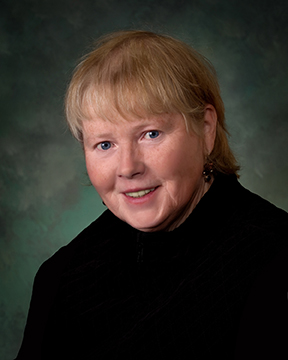
Many older adults may think about how long they will be capable of driving safely, silently wondering and dreading the day the family or doctor will tell them to stop driving. Early conversations between families and friends can bring up questions that focus on the importance of physical and mental health to preserve essential driving skills. A first step is talking about the options that support engaged life after driving, such as "how do you think you could get to church if you ever quit driving?" With this approach, the older adult is given hope of continued participation in community events after making the difficult decision of driving retirement. The elderly person must be supported in their hopes for continued independence. They need to know that help is not a burden, rather a payback for all they have done for many in their lifetime.
Following a family conversation an older adult may decide that it is time to get a check-up for his or her driving fitness. Checking up on one's driving fitness is important because driving requires complex physical, visual and cognitive abilities. These abilities can change in subtle ways, such as difficulties driving at night but having no problems driving in daylight. The Campbell County Senior Center offers a monthly AARP Safe Driving Class on the third Monday of the month from 9 am-4 pm. Call 307.686.0804 to learn more.
Conversations about driving are easier when started while an older adult is still a competent driver, when the focus is on preparation, such as making minor changes in routes to destinations or driving only in the daytime. Another option is having older drivers and their families select a family member or friend to be a 'driving advocate' who will commit to ride with the older driver on a regular basis and will voice concerns and give advice. A contract between the older driver and selected family can clarify the commitment to explore all possible services and solutions and make clear the wish to make the safety decision if medically relate changes have taken away the essential skills and abilities s required to control a vehicle safely. Remember to never have these conversations in the car, and be specific about any unsafe behavior.
Safety is always more important than independence. If your loved one is an unsafe driver and is resistant to changing, then involve their doctor. Do not wait until there is a crisis involving an injury to your loved one or someone else. Sometimes this difficult conversation is better in the context of a medical visit.
The bottom line: everyone is different, and solutions need to be tailored for each individual because driving is such a critical component of being able to live life to its fullest.
Dr. Bernadette Meade sees patients age 60 and over at Campbell County Medical Group
Geriatric Medicine, located in the Main Clinic, 501 S. Burma Avenue (south side of CCMH), and is open Monday-Friday, 8 am-5 pm. She is also the medical director of
Pioneer Manor and
Hospice. In addition to Dr. Meade,
Dawn Fiedler, APRN and
Patty McJilton, APRN, provide primary care in the clinic setting, and also see many residents at
Pioneer Manor. Contact Geriatric Medicine at 307.688.3636 or visit
www.cchwyo.org/geriatric.